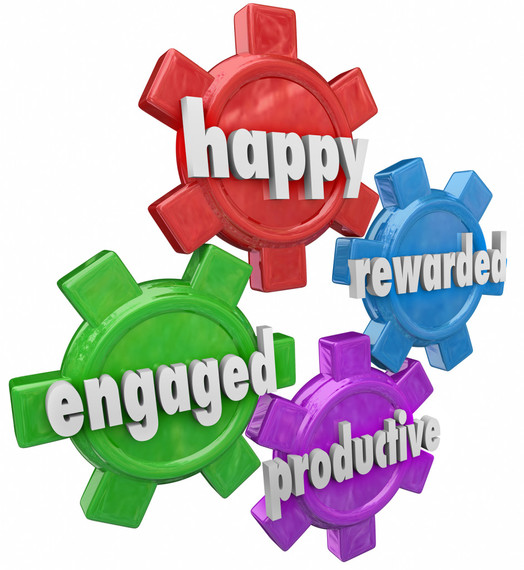For those who realize it, employee engagement is the magic ingredient and the special sauce that makes all the difference in business. Simply stated, employee engagement is the discretionary effort, willingness, and the ability of employees to contribute to the success of an organization.
While engagement is enormous and essential, there are certain factors that ultimately drive employee engagement that you should be aware of. How the factors are put into action varies from one business to another. For example, businesses with an involved workforce demonstrate high levels of engagement and are always eager to take up new challenges to create a positive change or set up an extremely conducive work environment. Employee engagement directly links to profitability, productivity, and customer satisfaction in your business.
Here are a few traits that define an engaged employee and that play an essential part in the ultimate success of a business.
- Mutual Trust
Trust is the backbone of success in any organization regardless of how big or small it is. Letting employees do their tasks without telling them how to do it is one of the best ways to engage your staff. Employees welcome each other's views and come up with a variety of ways and strategies to accomplish a particular task. A well-engaged workforce can perform its task with mutual help and trust and needs very little direction at each step.
As mentioned, an engaged employee does not require directions for him or her to perform a routine task. He or she knows how to do it in the best possible manner. An engaged workforce does not only demonstrate credible leadership traits in routine tasks, but also comes up with groundbreaking ways to deal with situational crises and emergencies.
Job and career fulfillment is one of the chief characteristics of an engaged employee. Employees who are satisfied with their career and the progress of their career opt to stick with a business for a significant period of time. This means continuity in productivity as well as customer satisfaction. Shifting from one organization to the other is a characteristic of an unsatisfied employee. Additionally, energized employees try to work a little bit harder and smarter and put a smile on people's faces and into client relationships.
An engaged employee is wholly attentive and knows when to take action and why. He or she is excited to take on a new challenge in order to crack the existing problem in the organization as well acquire new skills and knowledge. In fact, they are also enthusiastic to learn new things that would help in widening their horizon. This is because they feel more contented and acknowledged for who they are at the workplace than those with low engagement levels.
Employee engagement promotes a culture of unity and belongingness towards the organization and makes it the task of every employee to make an effort in solving any potential problems that might pose an obstacle in a business's path to success.
Genuinely engaged employees display a profound emotional commitment to an organization and its mission. But what does it mean to the employee in your company?
Margaret Jacoby, SPHR, is the founder and president of MJ Management Solutions, a human resources consulting firm that provides small businesses with a wide range of virtual and onsite HR solutions to meet their immediate and long-term needs. From ensuring legal compliance to writing customized employee handbooks to conducting sexual harassment training, businesses depend on our expertise and cost-effective human resources services to help them thrive. This article first appeared on the MJ Management Solutions blog.
